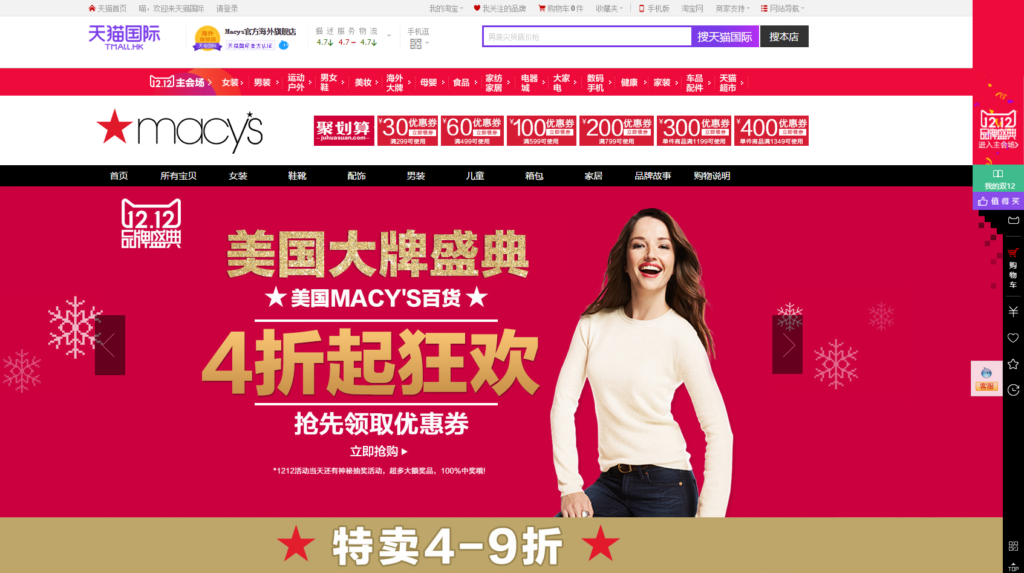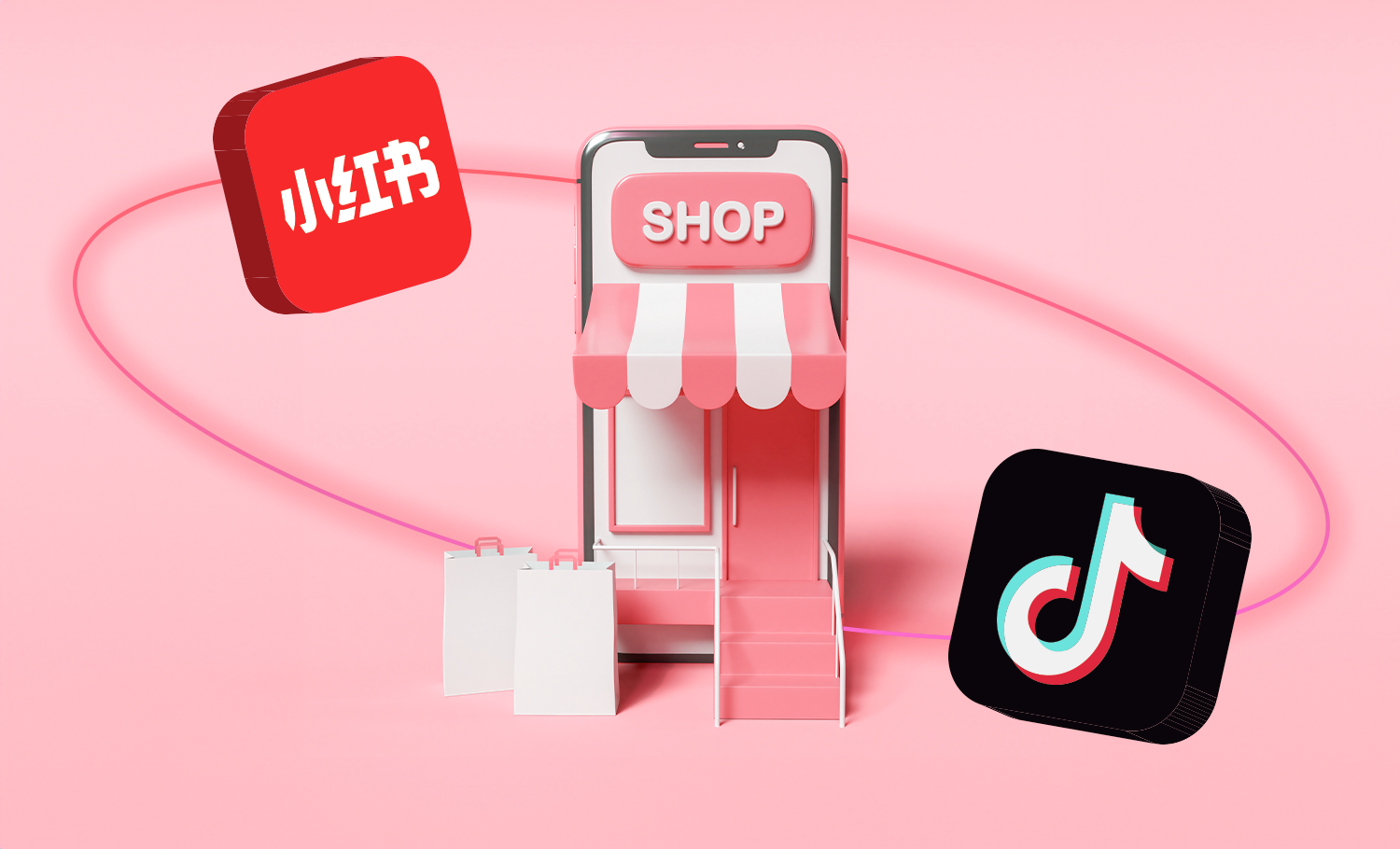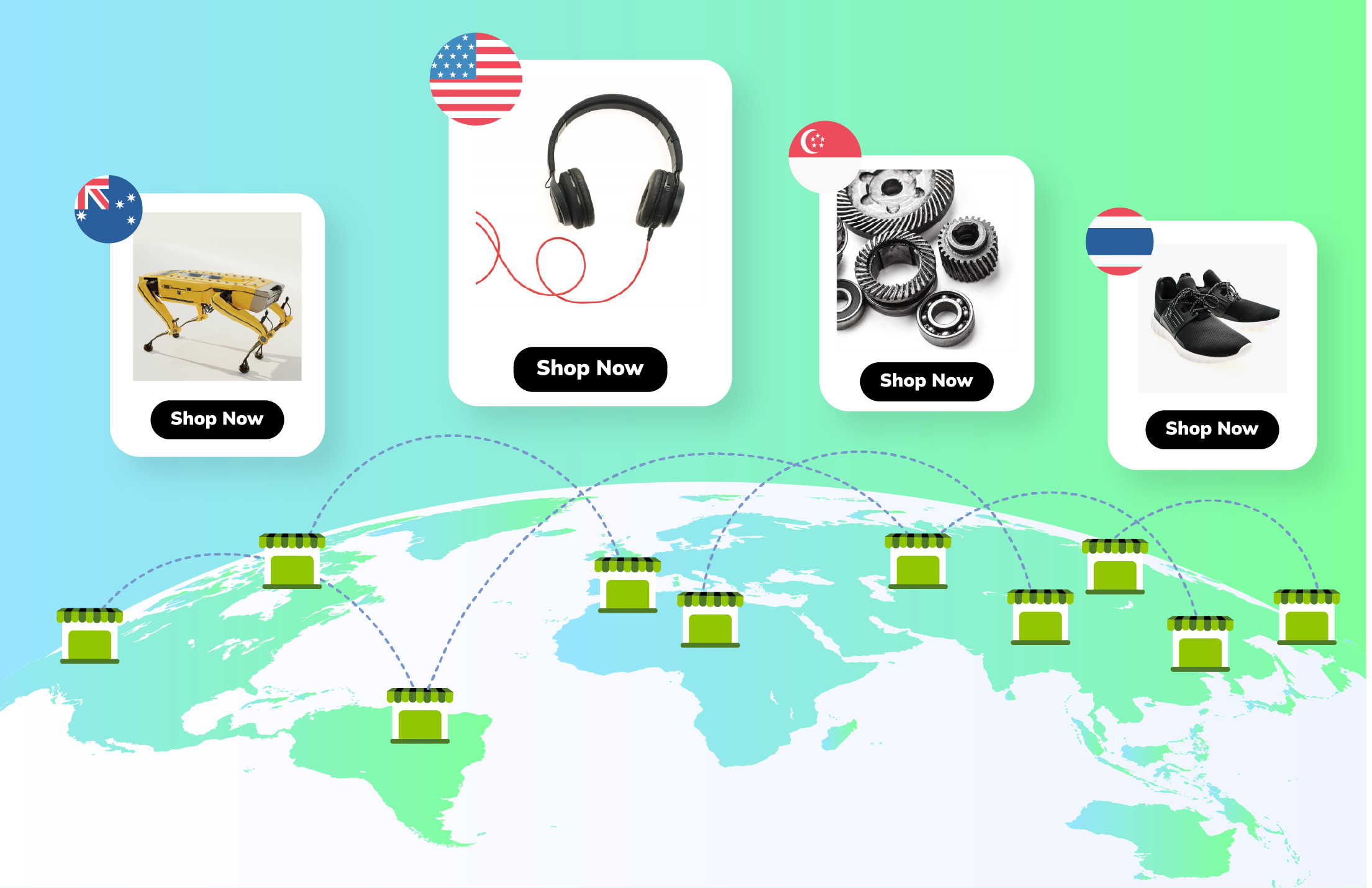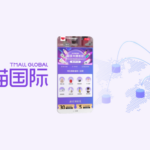China now is the world’s biggest eCommerce market: the total eCommerce sales is approximately $672.01 billion, accounting for over 40% of the global eCommerce retail sales in 2015. Meanwhile, with its rapidly growing middle class purchasing diverse goods, China is also the fastest growing export market in the world.
Foreign companies, a lot of whom are small medium-sized companies (SMEs) are eyeing China market to grow their cross border business, especially on China eCommerce landscape. Comparing to large enterprises, there are certain limitations or different way to conduct cross border eCommerce in China for SMEs. If you are an owner of a foreign SME, here are a few things that you need to know:
Large Enterprises eCommerce in China? Investing Online Market Place like Tmall
The most common multi-channel eCommerce strategy for large enterprises entering China market is: online market place adoption. Famous online market place in China like Tmall and JD are the most popular eCommerce sites for most Chinese online shoppers, and large enterprise hope the presence on those eCommerce sites can help the brand go beyond its potential in China's unique online ecosystem.
Among all the hot China eCommerce sites, Tmall is the most welcomed by foreign large enterprises. Serving more than 180 million buyers with e-commerce market share over 47%, Tmall store is the most popular online B2C shopping platform run by Alibaba, the No.1 eCommerce platform provider in China. Global brands like Nike, Macy's and Budweiser all have their own Tmall to attract online shoppers in China.
Macy's on Tmall
However, it can get complicated for foreign SMEs to break into China market through setting up a Tmall store. Below are the 4 most common challenges:
Beware, foreign SMEs! 4 Possible Challenges for SME on Tmall
1. Entry requirements
You need to meet the requirements of Tmall before launching your own Tmall shop. There are 2 different kinds of Tmall platform: Tmall Domestic (Tmall.com) and Tmall Global, and both are asking for different requirements.
Tmall Domestic (Tmall.com) drives the major traffic for Tmall, and the entry requirements is absolutely higher. To mention a few: your business entity must be established in Mainland China for at least 3 years, your trademark, warehouse, legal entity and tax registration must been set up in mainland China, and so on.
Tmall Global are used for foreign merchants that don't have China license yet, but still want to create their online presences in China. The requirements are not as high, but there are some other requirements that you must meet: trading license, certain standards for your local office, etc.
2. Fees and Charges
This can be a major headache for SMEs. Here are the major fees that Tmall are asking for now:
- One-time Deposit: 30,000 RMB to 150,000 RMB (Tmall Domestic); 25,000 USD (Tmall Global).
- Annual Fee: this fee varies according to product category and either amounts to US$5,000 or US$10,000. You do have the chance to redeem either half or the full service fee, if they reach Tmall’s predefined sales targets for the product sold.
- Real Time Transaction Fee (Commission): 5% - 10% of the total online sales
- Technical Fee: 30,000 RMB – 150,000 RMB (Tmall Domestic); 5,000USD or 10,000USD (Tmall Global)
3. Process Time
Let’s say you have everything mentioned above ready, now what? Just wait for the good news from Tmall to approve your application.
How long does this process take though? Typically, a Tmall store will take about 4-5 months to open from the first contact with Alibaba, however, there is a lot of back and forth with paperwork, trademark, fulfillment, customer service and business status requirements that can slow the process down. So give it 6 months or even a year.
4. SaaS: Handy but Tricky
Generally speaking, large enterprises use Tmall as an SaaS (Software as a Service) model. SaaS model could be easy to use at the beginning, but there are some obvious weaknesses. As an enterprise eyeing China market, adopting SaaS means that your data is stored on 3rd party provider, which could seem insecure.
Plus, SaaS as Tmall means similarities between your online store and your competitors’. Your Tmall store may look very similar with the others', so you also need to discover how to stand out from competition.
Best Alternative for SMEs to enter China?
For foreign SMEs, online market places like Tmall surely look tempting, but challenges mentioned above are real. Is there an alternative for a foreign SME to build up its own cross-border commerce, while stay away from those obstacles?
The answer is yes. We will reveal the best alternative for SMEs tomorrow: To use TMO Group Attended Digital Marketing Event; Explained WeChat eCommerceDuring the presentation, Dominiek has shared his insights about how enterprise can boost its cross-border commerce with multi-channel eCommerce platform.Wechat commerce as your first step of your multi-channel eCommerce.
More about WeChat Commerce:
















